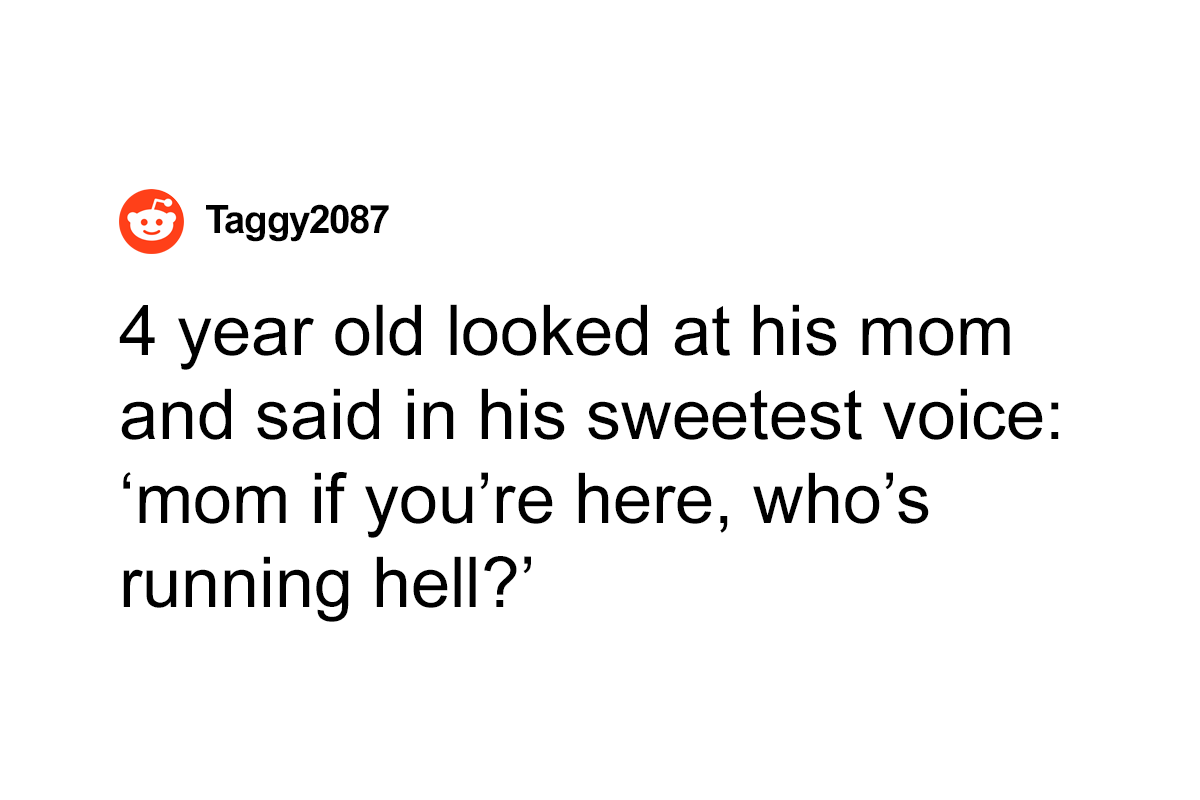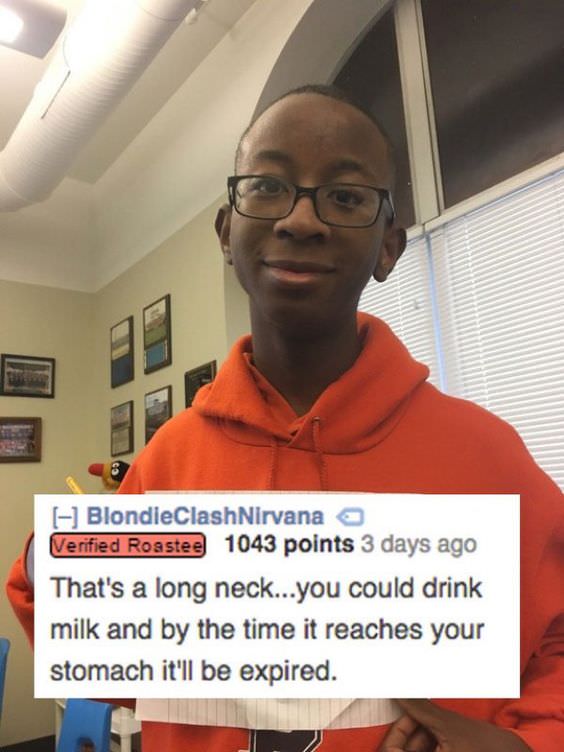Roasts For Black People: A Celebration Of Wit, Humor, And Boldness
Let’s talk about roasts for Black people—because let’s be real, nobody does humor quite like us. Whether it’s family gatherings, cyphers at the block party, or just a casual chat on social media, roasting has become an art form within our culture. It’s not just about throwing shade; it’s about delivering lines so sharp they could cut glass. But here’s the kicker—it’s all in good fun. So buckle up, my friend, because we’re diving deep into the world of roasts that celebrate Black excellence, resilience, and humor.
Now, before you start thinking this is gonna be some stereotypical take on Black culture, let me stop you right there. This isn’t about perpetuating negative tropes or reducing our identities to punchlines. No way, José. Instead, this article is all about celebrating how Black folks have turned roasting into a form of self-expression, bonding, and even empowerment. From historic figures to modern-day comedians, the tradition of roasting runs deep in our veins.
And hey, if you’re wondering why roasts for Black people are such a big deal, well, it’s simple. We’ve mastered the art of turning adversity into comedy gold. Whether it’s Auntie sassing your outfit at Thanksgiving or Uncle dropping bars about your singing skills (or lack thereof), roasting is more than just teasing—it’s a way of life. So, whether you’re here to learn, laugh, or level up your own roasting game, you’re in the right place.
Read also:Dubs Dread Golf Club The Ultimate Golfing Experience You Cant Miss
What Are Roasts For Black People Anyway?
First things first, let’s break down what exactly roasts for Black people entail. At its core, a roast is a witty insult or playful jab delivered with style and intention. But when it comes to Black folks, these aren’t just any old insults—they’re masterpieces crafted with precision, humor, and sometimes a dash of spice. Think of it as verbal sparring where both parties leave feeling respected yet thoroughly entertained.
Roasts in Black culture often carry a unique flavor. They might reference historical context, cultural nuances, or personal experiences that only someone within the community can truly appreciate. And while roasting may seem harsh on the surface, it’s actually rooted in love and respect. After all, you don’t roast someone unless you care enough to engage with them on that level.
Key Characteristics of Black Roasts
So, what makes a great roast? Here are a few key elements:
- Timing: A good roast hits at just the right moment, catching the recipient off guard but leaving them laughing by the end.
- Delivery: Tone, body language, and confidence play crucial roles in delivering a killer roast.
- Creativity: The best roasts aren’t generic—they’re tailored to the individual being roasted, making them all the more impactful.
- Respect: Even in the midst of a roast, there’s an unspoken understanding that boundaries won’t be crossed. It’s all in good fun!
Think about it like this: A roast is like a perfectly cooked meal. You need the right ingredients, the correct seasoning, and most importantly, the heat to make it unforgettable.
The History Behind Black Roasting
To truly understand the significance of roasts for Black people, we have to look back at history. Roasting has been a part of African-American culture for generations, often serving as a coping mechanism during times of struggle. Back in the day, enslaved Africans used humor as a form of resistance, finding ways to mock oppressive systems without facing direct consequences. Fast forward to the civil rights era, and you’ll see activists like Richard Pryor using comedy as a tool for social commentary.
Today, roasting continues to evolve, adapting to new platforms and audiences. Social media, in particular, has given rise to a whole new generation of roasters who use memes, captions, and videos to showcase their skills. Platforms like Twitter and Instagram have become virtual battlefields where wit reigns supreme.
Read also:Vanessa On Family Feud The Ultimate Guide To Her Journey Success And Impact
Iconic Figures in Black Roasting
When it comes to iconic Black roasters, several names stand out:
- Richard Pryor: Known for his sharp wit and fearless approach to comedy, Pryor paved the way for countless comedians.
- Chris Rock: With his biting commentary and razor-sharp delivery, Rock remains one of the greatest roasters of all time.
- Eddie Murphy: Who could forget Murphy’s legendary stand-up routines? His ability to roast with both humor and heart made him a household name.
These legends remind us that roasting isn’t just about insults—it’s about storytelling, truth-telling, and connecting with others through laughter.
How to Deliver a Killer Roast
Alright, let’s get practical. If you’re looking to up your roasting game, here are some tips to help you deliver those burn-worthy lines:
1. Know Your Audience
Understanding who you’re roasting is key. Tailor your jokes to fit their personality, interests, and quirks. For example, roasting a friend who’s obsessed with sneakers? Mention their collection—or lack thereof.
2. Keep It Clean (Mostly)
While a well-placed swear word can add emphasis, overdoing it might detract from the overall impact. Keep your roasts clever and creative instead of relying solely on shock value.
3. Practice Makes Perfect
Like any skill, roasting takes practice. Start small by testing your lines on close friends or family members. Pay attention to what works and what doesn’t, then adjust accordingly.
Common Misconceptions About Black Roasts
Before we move on, let’s address some common misconceptions about roasts for Black people:
- Myth #1: All Black people love to roast. While many do enjoy a good roast, not everyone is into it—and that’s okay!
- Myth #2: Roasting is always aggressive. Nope! Many roasts are delivered with warmth and affection, highlighting the playful nature of the exchange.
- Myth #3: Outsiders can’t participate. While outsiders should tread carefully, they can absolutely join in—as long as they approach it respectfully and with humility.
Remember, roasting is a cultural practice that deserves respect and understanding. Don’t try to force it if it doesn’t feel natural to you.
Roasts for Black People in Pop Culture
Pop culture is filled with examples of Black roasts that left audiences in stitches. From classic TV shows like Martin to modern hits like Insecure, roasting has become a staple of Black entertainment. Let’s take a closer look at some standout moments:
1. Martin – The Ultimate Roast Machine
Who can forget Martin Lawrence’s legendary roasts? Whether he was dissing Tommy or poking fun at Gina, Martin’s humor was unmatched. His ability to deliver lines with perfect timing and impeccable delivery set the standard for Black roasting.
2. Black-ish – Family Roasts Done Right
Black-ish often incorporates roasting as a way to highlight family dynamics. Characters like Dre and Bow frequently exchange playful barbs, showcasing how roasting can strengthen relationships rather than damage them.
The Psychology of Roasting
Why do we love roasting so much? Turns out, there’s a psychological explanation behind it. Roasting allows us to confront our insecurities, process emotions, and build connections with others. It’s a form of social bonding that fosters trust and camaraderie.
Plus, there’s something incredibly empowering about owning your flaws and laughing at yourself. When you can take a roast in stride, it shows that you’re confident in who you are—and that’s a powerful thing.
Roasts for Black People: A Celebration of Identity
At its heart, roasting is about celebrating Black identity. It’s about embracing our quirks, flaws, and everything in between. Through roasting, we honor our shared history, culture, and experiences. And let’s not forget—it’s also about having fun!
So, the next time you find yourself in a roasting session, remember this: It’s not just about winning; it’s about enjoying the moment and connecting with others. Because at the end of the day, laughter brings us closer together—and that’s what really matters.
Wrapping It Up
In conclusion, roasts for Black people are more than just jokes—they’re a celebration of our culture, resilience, and humor. From historical roots to modern-day memes, roasting has played a significant role in shaping our identities and fostering community.
Here’s a quick recap of what we’ve covered:
- Roasting is an art form rooted in love and respect.
- It’s a powerful tool for coping, connecting, and celebrating.
- Delivery, timing, and creativity are essential components of a great roast.
Now, it’s your turn. Are you ready to level up your roasting skills? Share your favorite roasts in the comments below, or tag us in your social media posts. And don’t forget to check out our other articles for more laughs and insights. Until next time, stay witty and stay woke!
Table of Contents
- Roasts for Black People: A Celebration of Wit, Humor, and Boldness
- What Are Roasts For Black People Anyway?
- Key Characteristics of Black Roasts
- The History Behind Black Roasting
- Iconic Figures in Black Roasting
- How to Deliver a Killer Roast
- Know Your Audience
- Keep It Clean (Mostly)
- Practice Makes Perfect
- Common Misconceptions About Black Roasts
- Roasts for Black People in Pop Culture
- Martin – The Ultimate Roast Machine
- Black-ish – Family Roasts Done Right
- The Psychology of Roasting
- Roasts for Black People: A Celebration of Identity
- Wrapping It Up
Article Recommendations


